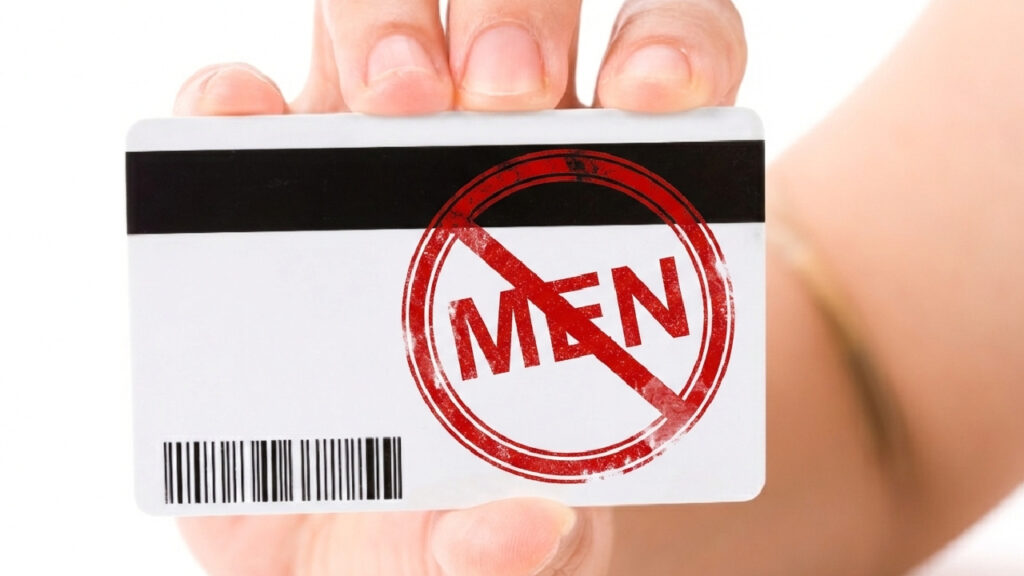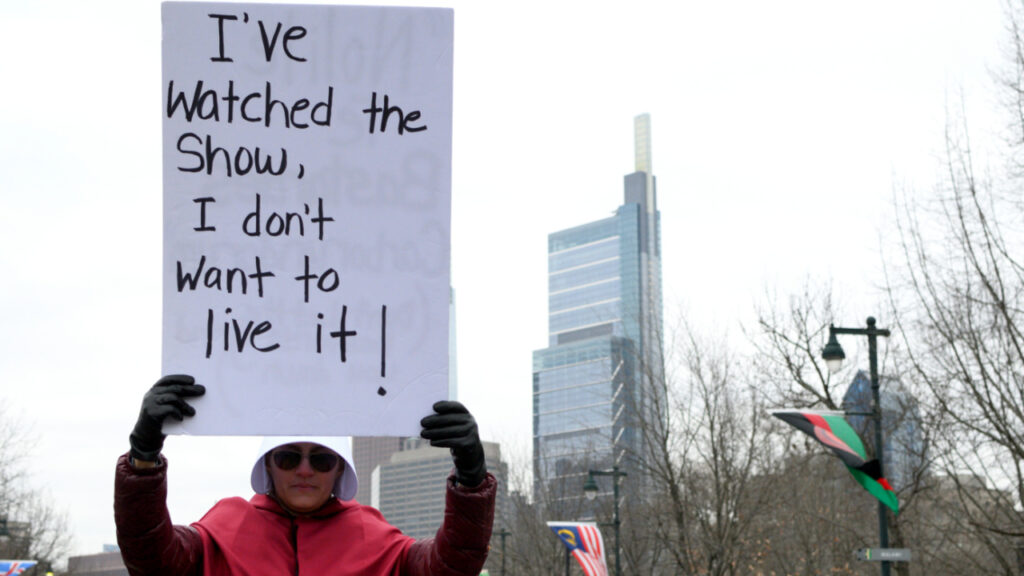
When the Game Ends, the Danger Begins: The Rise of Domestic Violence After Soccer Games
Did you know domestic violence cases increase after football matches?
We’ve seen it a million times. The emotion contained for 90 minutes. One team wins, and the other loses. Afterwards? Violence and emotions take their toll.
But last weekend, as the world watched the Copa America and Euro Cup finals closely, there were domestic violence prevention agencies on high alert. It turns out that rates of gender-based violence rise sharply after soccer matches around the world.
Many studies have corroborated this reality, linking post-match emotions to violence at home.
The danger of ‘upset losses’
During the 2022 FIFA World Cup, the Behavioural Insights Team wrote that reports of domestic violence in countries such as the UK spike during soccer competitions such as the World Cup and the European Championship. Although estimates vary, this increase ranges between 25% and 50%.
In the United States, something similar happens with NFL games. A University of California study found that upset defeats (defeats in which the home team was expected to win by 4 or more points) lead to a 10% increase in the rate of domestic violence by men against their wives and girlfriends.
“Unfortunately, you may do things that you wouldn’t normally do if you weren’t under the influence of alcohol, and that’s one thing that happens at a lot of sports events,” said Robin Gauthier, Executive Director of Samaritan House.
As the researchers explained, the increase in violence after an upset loss is concentrated in a narrow window of time near the end of the game. This violence is greatest in the most important matches.
On the other hand, matches are sometimes a respite for victims of domestic violence
Although the numbers are clear, there is a paradox in the relationship between soccer matches and domestic violence. Some researchers have called this a “substitution effect,” where violence actually decreases during matches.
This suggests that perpetrators may be sufficiently distracted by the game or away from their partners to commit violence.
However, if perpetrators watch matches away from home—in a bar, for example—they are more likely to lash out at their partner and family when they get home.
One way or another, the increase in violence appears to be related almost exclusively to alcohol consumption
Researchers have questioned various reasons behind the increase in domestic violence after or during a match. The conclusions are almost always the combination of emotional arousal and alcohol consumption.
Some have found that the time a match is played can have a significant impact on domestic violence rates. For example, early kickoff matches have much higher levels of violence than late kickoff matches. This may be because earlier kickoffs allow for more prolonged alcohol consumption after the game is over.
An important phenomenon in the Latino community
Soccer is undoubtedly the most popular sport in the world. FIFA estimates that five billion fans tune in to the World Cup. In Latin America, the Inter-American Development Bank published figures on the peaks of violence in the region when soccer matches are played.
A study carried out in Brazil reported a 26% increase in complaints of injuries against women when the teams were playing at home. The main aggressors are partners or ex-partners.
On the other hand, in Colombia, there was also a 25% increase in domestic violence records on the days that the Colombian National Team played in the 2018 World Cup and a 38% increase in the 2014 World Cup.
Studies agree that alcohol consumption, coupled with old patterns of masculinity and toxic machismo, are the leading causes of these peaks of violence.
If you or someone you know is a victim of domestic violence, contact the National Domestic Violence Hotline immediately here.




